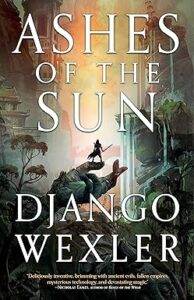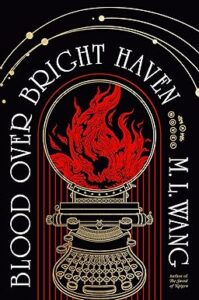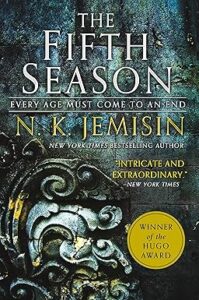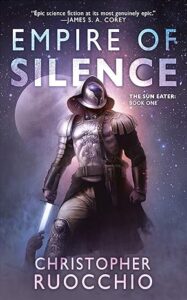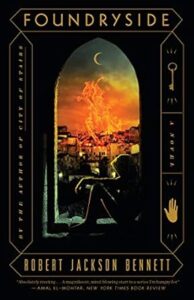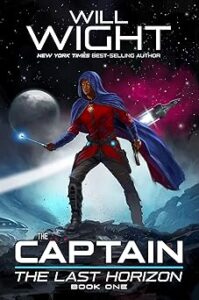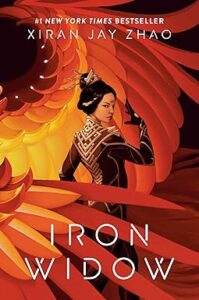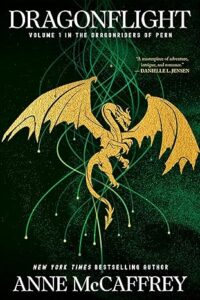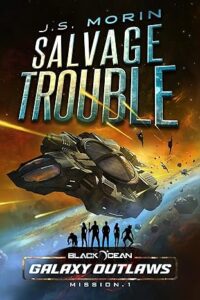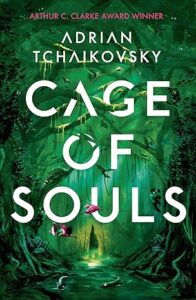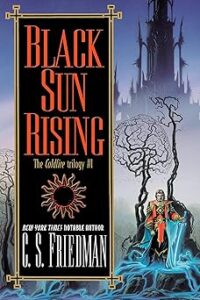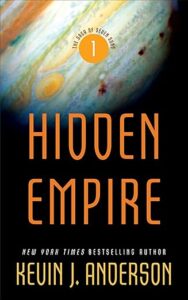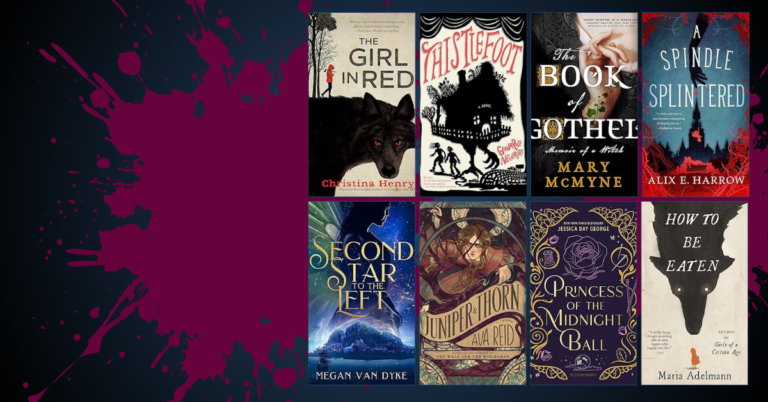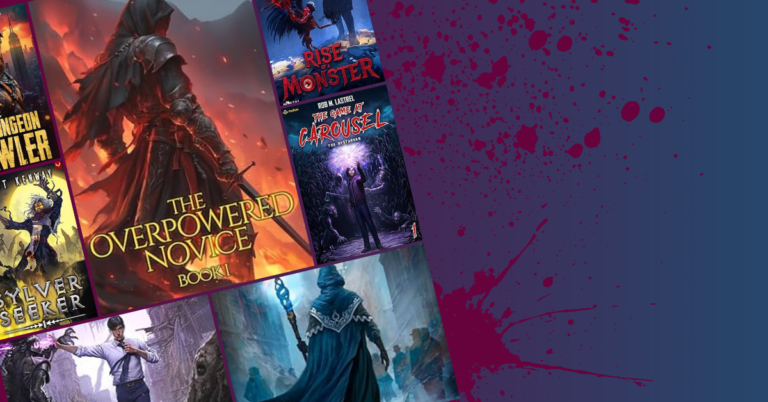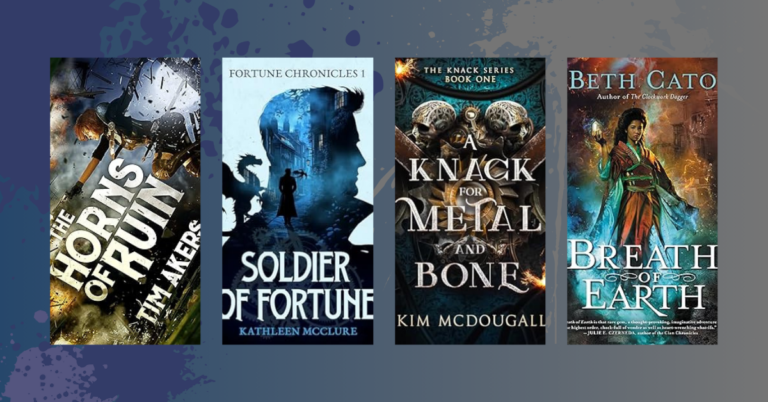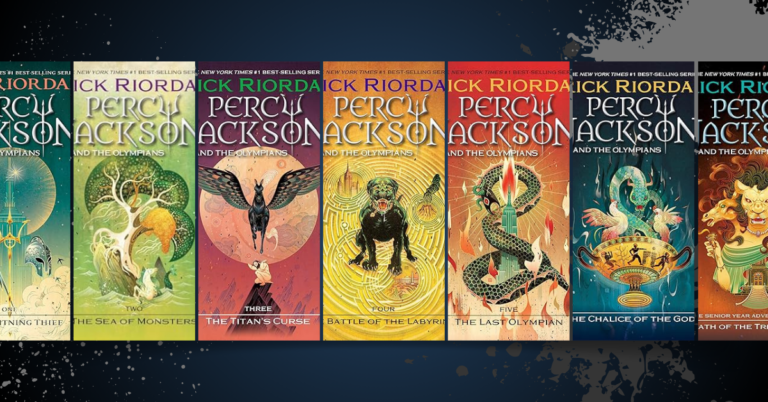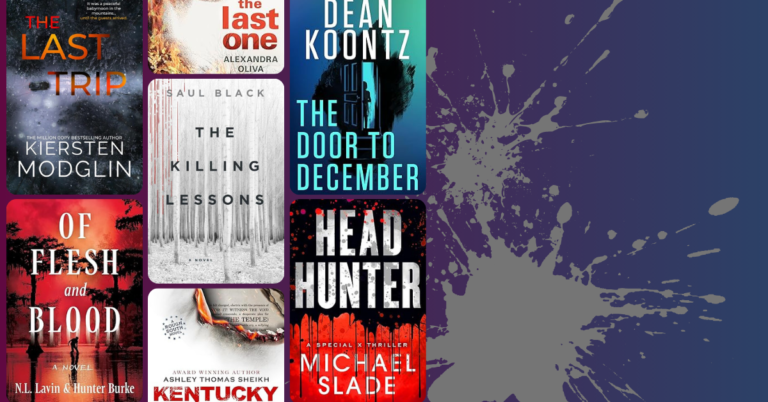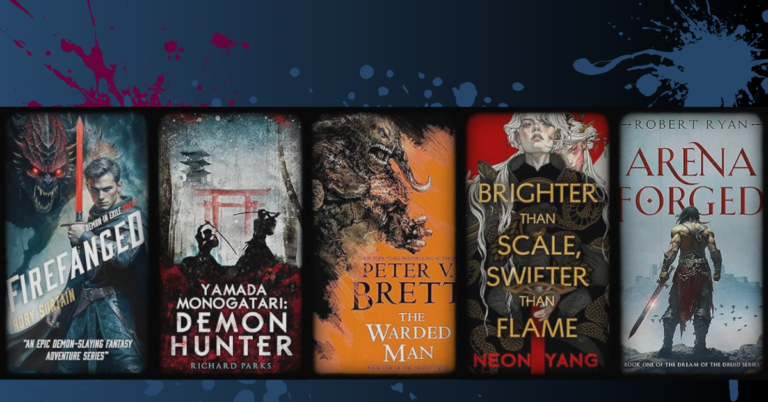Why Science Fantasy Books Refuse to Pick a Lane
Science fantasy books are what happens when authors look at physics and sorcery and say, “Why not both?” It’s the genre mashup that throws futuristic tech and ancient magic into the same blender, then hits purée until the result is so chaotic, it works.
If straight-up science fiction feels too rigid and high fantasy too traditional, science fantasy is the middle ground where rules bend, labels get messy, and your TBR gets very full. Think lightsabers with a side of destiny, dragons engineered by geneticists, or heroes who can rewrite code and chant spells without breaking stride. It’s not about picking a side, it’s about enjoying the delicious overlap.
What Are Science Fantasy Books, Really?
Science fantasy isn’t just “sci-fi with sparkles” or “fantasy with gadgets.” It’s the genre that gleefully blurs boundaries, refusing to commit to one reality. Where fantasy demands magic systems and lore, and sci-fi insists on logic and tech, science fantasy takes both and tosses them into the same playground.
Take Star Wars. Yes, there are spaceships and intergalactic battles, but the Jedi are basically space wizards with glowing swords. Or Anne McCaffrey’s Dragonriders of Pern, where dragons and telepathy meet the fine print of genetics. Science fantasy doesn’t apologize for the mashup, it thrives on it.
Why Do Readers Love Science Fantasy?
Because it’s indulgent in the best way. Science fantasy gives readers permission not to choose. You get sprawling worlds with rules, but those rules aren’t afraid to bend when the story demands it. There’s futuristic tech and magical relics in the same chapter. And sometimes heroes who are as likely to break into a spaceship’s system as they are to summon a fireball.
The themes land, too: rebellion against oppressive systems, quests for identity, wonder at discovering what lies beyond (or within). And let’s be honest, there’s something delicious about a genre that says, “Physics is cool, but what if we sprinkle in some runes?” Think less Hogwarts Express, more Millennium Falcon.
Key Tropes and Themes to Watch For
If you’re dipping into science fantasy for the first time, here are a few tropes you’ll trip over (happily):
- Ancient relics with futuristic power. A magical crown that also functions as high-tech AI? Checks out.
- Tech that feels suspiciously magical. Quantum computers that might as well be spellbooks.
- Dual-skilled heroes. Characters who code by day, cast spells by night.
- Civilizations colliding. Advanced societies brushing up against old-world sorcery, and nobody comes out unchanged.
These aren’t bugs, they’re features. Science fantasy is a playground where imagination gets to run wild in two directions at once.

